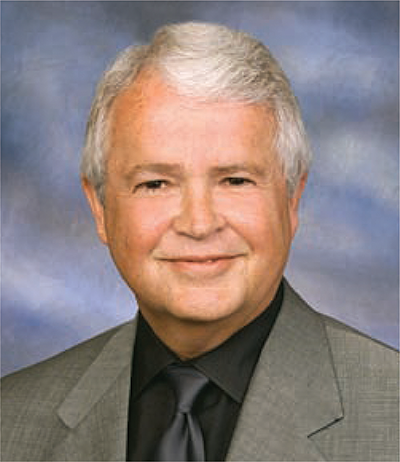Although drug pricing and marketing are signature issues of presidential hopefuls and others this election season, Congressional action on these items likely will not occur before the election results. Meanwhile, there is a virtual revolution at the FDA in drug marketing enforcement.
No one expects or should even want warning letters and policy guides to disappear, but a new era of due process is a welcome arrival at the FDA’s Office of Prescription Drug Promotion. This bodes well for fundamental fairness, regulatory consistency and respect for the right of drug sponsors to tell the truth about their products.
The revolution is driven mostly by recent First Amendment challenges to drug communication regulation, especially the Supreme Court’s IMS Health decision in 2012, the Caronia federal appeals decision in 2014 and the FDA loss in the Amarin case this past summer.
See also: What to expect in the wake of the Amarin ruling: more truthful off-label talk from pharma
The turning point, though, was an FDA court settlement with Pacira Pharmaceuticals in December, in which the FDA reversed course and reaffirmed broad indications for Pacira’s non-opioid pain medication, Exparel, and rescinded a 2014 warning letter issued by the FDA’s OPDP.
In the past, when a company faced a letter it thought was erroneous, it complained to its lawyers and caved to the FDA. Now, following Pacira’s example, such companies can ask for a meeting and probably get it. If not, they can seek court review.
See also: Industry watches Pacira’s off-label case against the FDA
It is worth noting that the FDA sent only nine warning letters last year, all focused on well-recognized violations, such as minimization of risk information and unsubstantiated claims.
Expect more letters this year and further guidance on such critical promotional matters as truthful off-label promotion and social media practices.
Continue to be careful in your marketing programs, but keep an eye on FDA. As the song goes, “times are changing.”
John Kamp is the executive director at the Coalition for Healthcare Communication.
From the March 01, 2016 Issue of MM+M - Medical Marketing and Media







